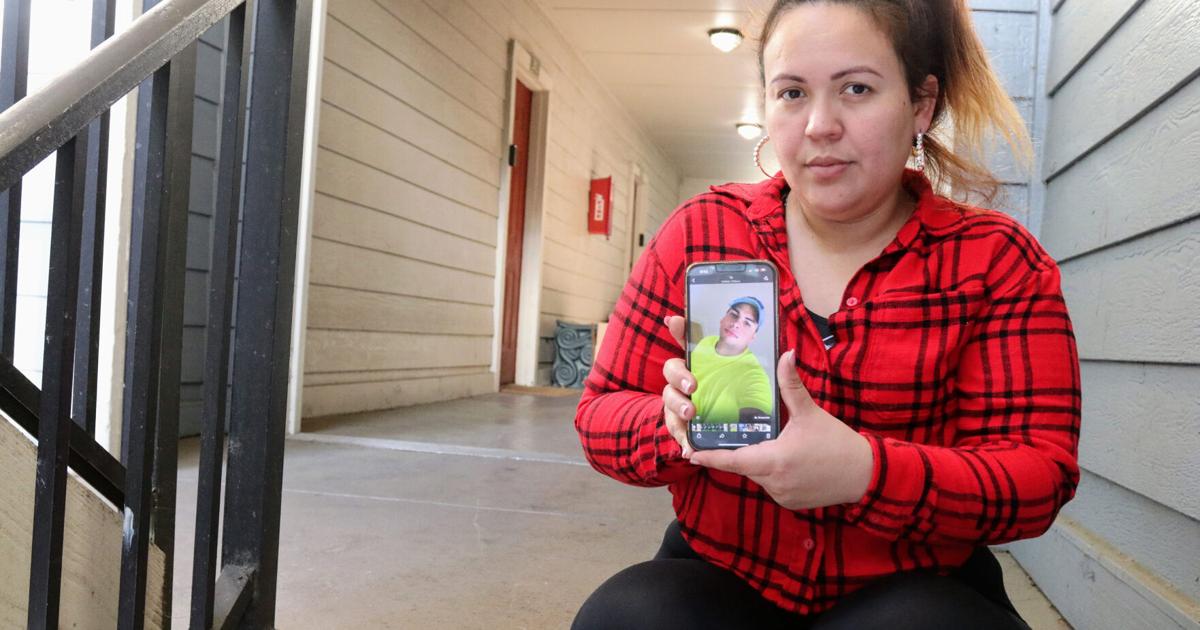Frengel Reyes, a Florida deportee, has emerged from what he describes as the “hell” of an El Salvador mega-prison, sharing a harrowing account of his four-month ordeal that began after his deportation from the United States in March.
Reyes, 25, vividly recounts the torment within the prison walls, detailing incessant screams in the dark, the discomfort of a cold, blanket-less bunk bed, and a pervasive atmosphere of brutality enforced by unyielding guards. His experience serves as a chilling testament to the severe conditions migrants can face in foreign detention facilities.
The rules inside were draconian; prisoners were forbidden from directly addressing guards or even making eye contact, compelled instead to keep their gaze lowered. Reyes highlights “La Isla” as one of the most dreaded areas, a dark room where prisoners were subjected to beatings for trivial infractions, such as complaining about food or a broken toilet, underscoring the arbitrary nature of the violence.
Crucially, Reyes claims he possessed neither tattoos nor a criminal record, challenging the presumed basis for his deportation. He strongly denies any affiliation with Tren de Aragua, a Venezuelan gang, raising serious questions about the criteria used to label individuals as threats and subsequently deport them.
His journey to the El Salvador prison was itself a series of transfers through various U.S. detention centers, including Pinellas County, Tampa, the Krome Detention Center in Miami where he slept on the floor in overcrowded conditions, and the Federal Detention Center in Miami-Dade County, before being flown to South Texas and ultimately deported.
A recent report corroborates concerns, revealing that over 50 Venezuelans deported to El Salvador had legally entered the U.S. and committed no immigration offenses. The report found that many were erroneously identified as gang members based on tattoos, which are not reliable indicators of gang affiliation within Venezuelan gangs, highlighting a critical flaw in the deportation process and potential human rights violations.
Inside the El Salvador facility, Reyes and other prisoners reported being denied access to legal representation or any means to contact their families, amplifying their sense of desperation. A federal judge’s ruling in June now mandates that some migrants sent to this El Salvador prison must be afforded the opportunity to challenge their deportations, offering a glimmer of hope for others.
Before his forced removal, Reyes recounts signing a document only pertaining to his belongings, never seeing a judge or receiving assistance from his paid lawyer. He states that his personal items, including $150 and his Venezuelan ID, were confiscated, leaving him stripped of his identity and resources as he was thrust into an international detention nightmare.






Leave a Reply